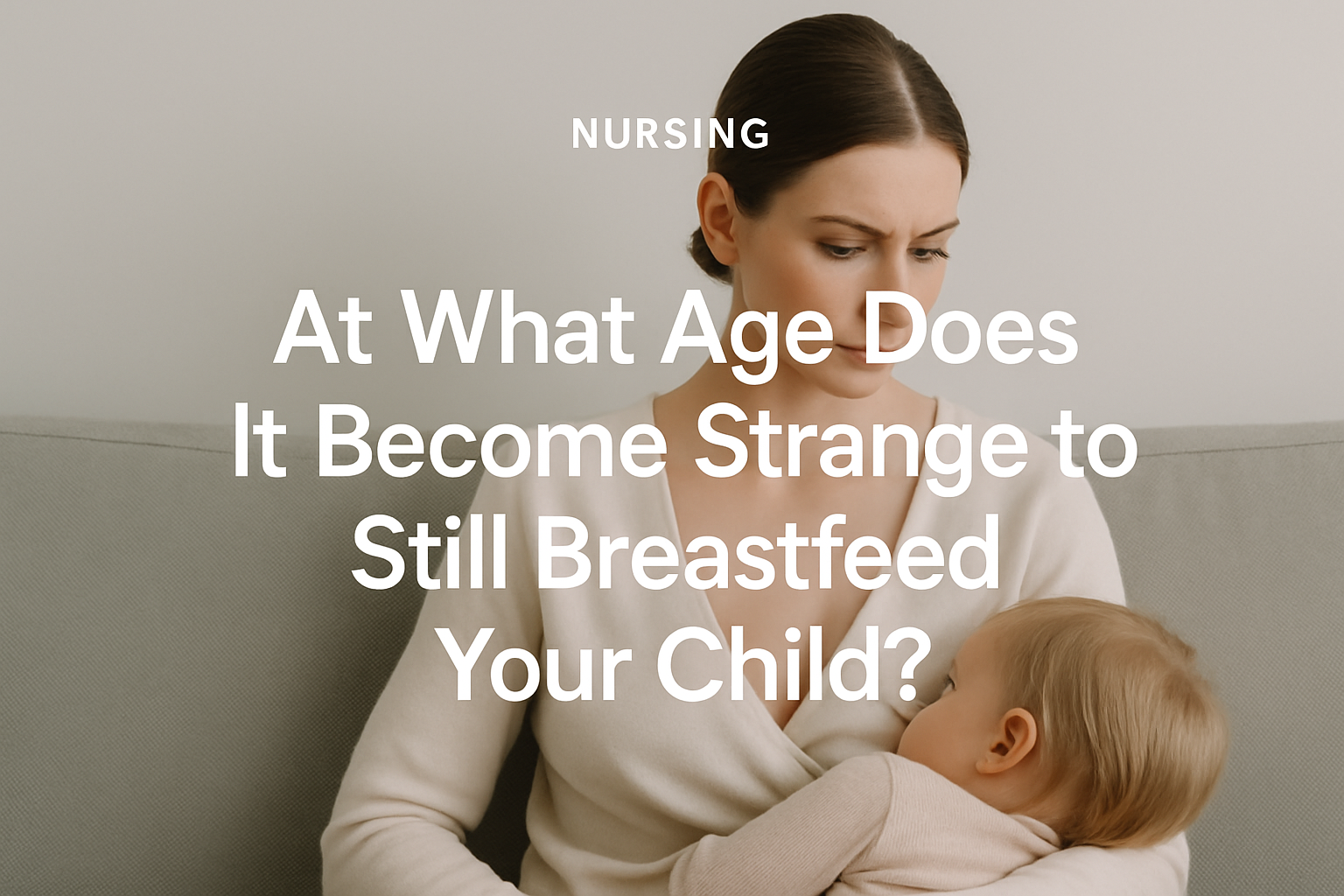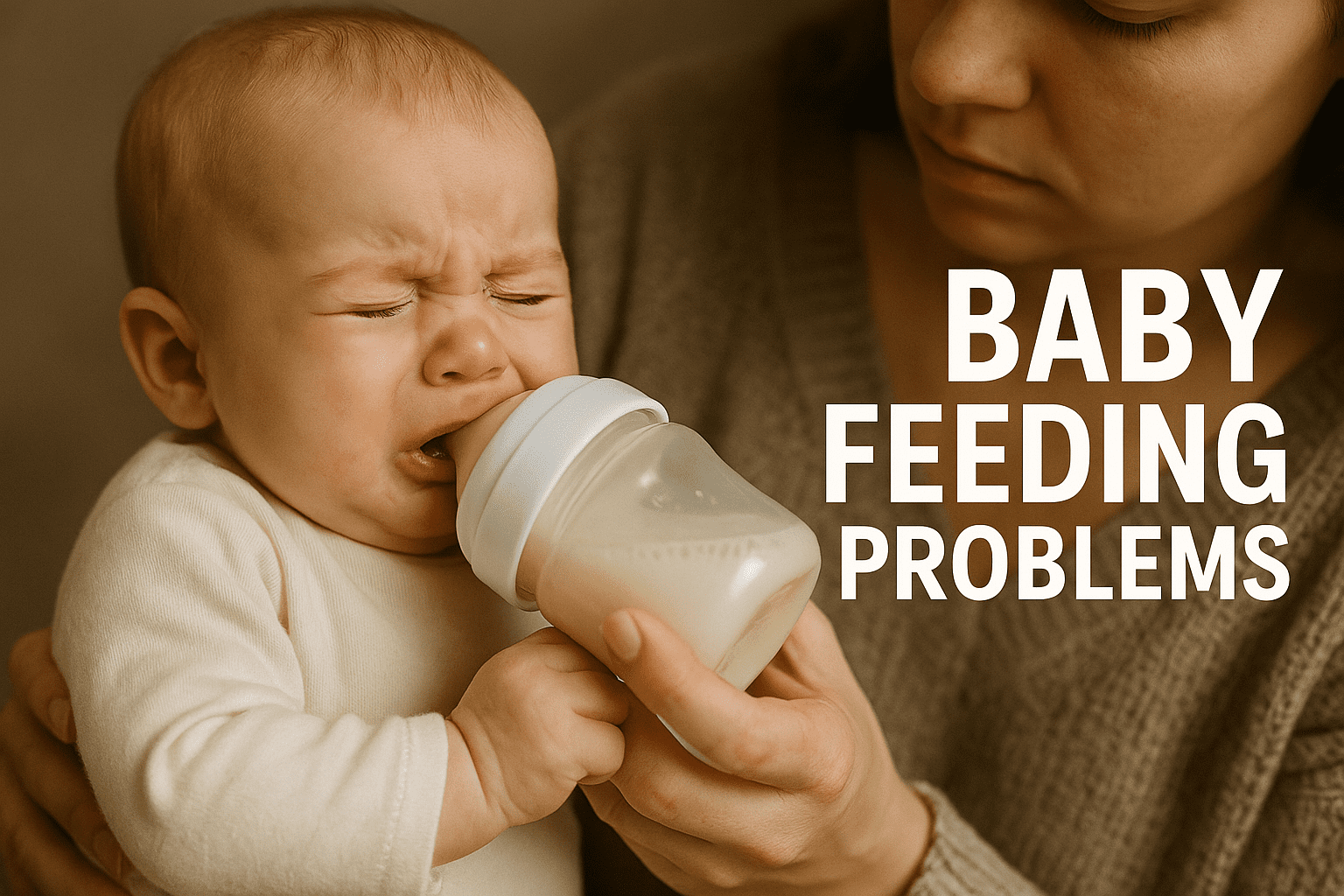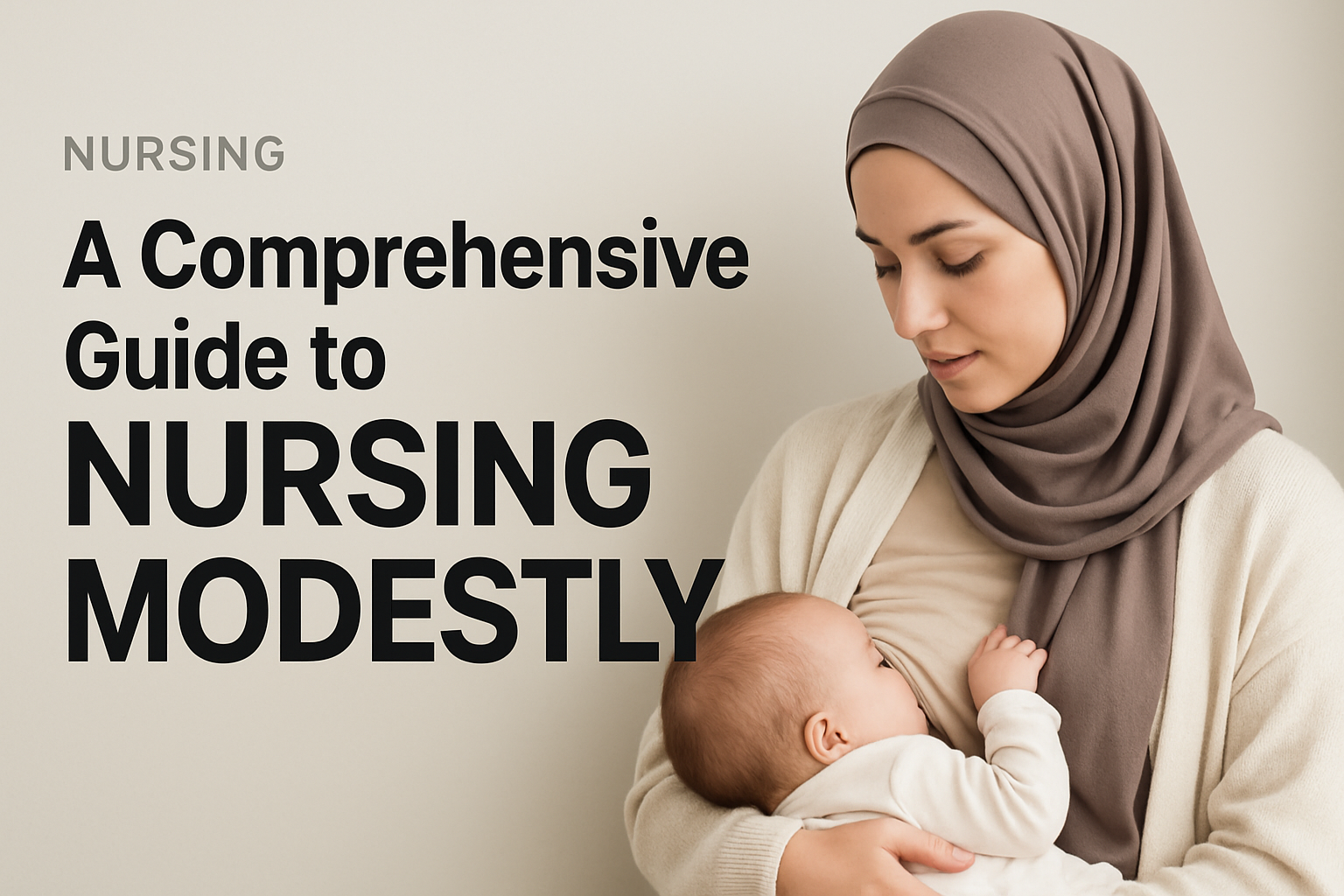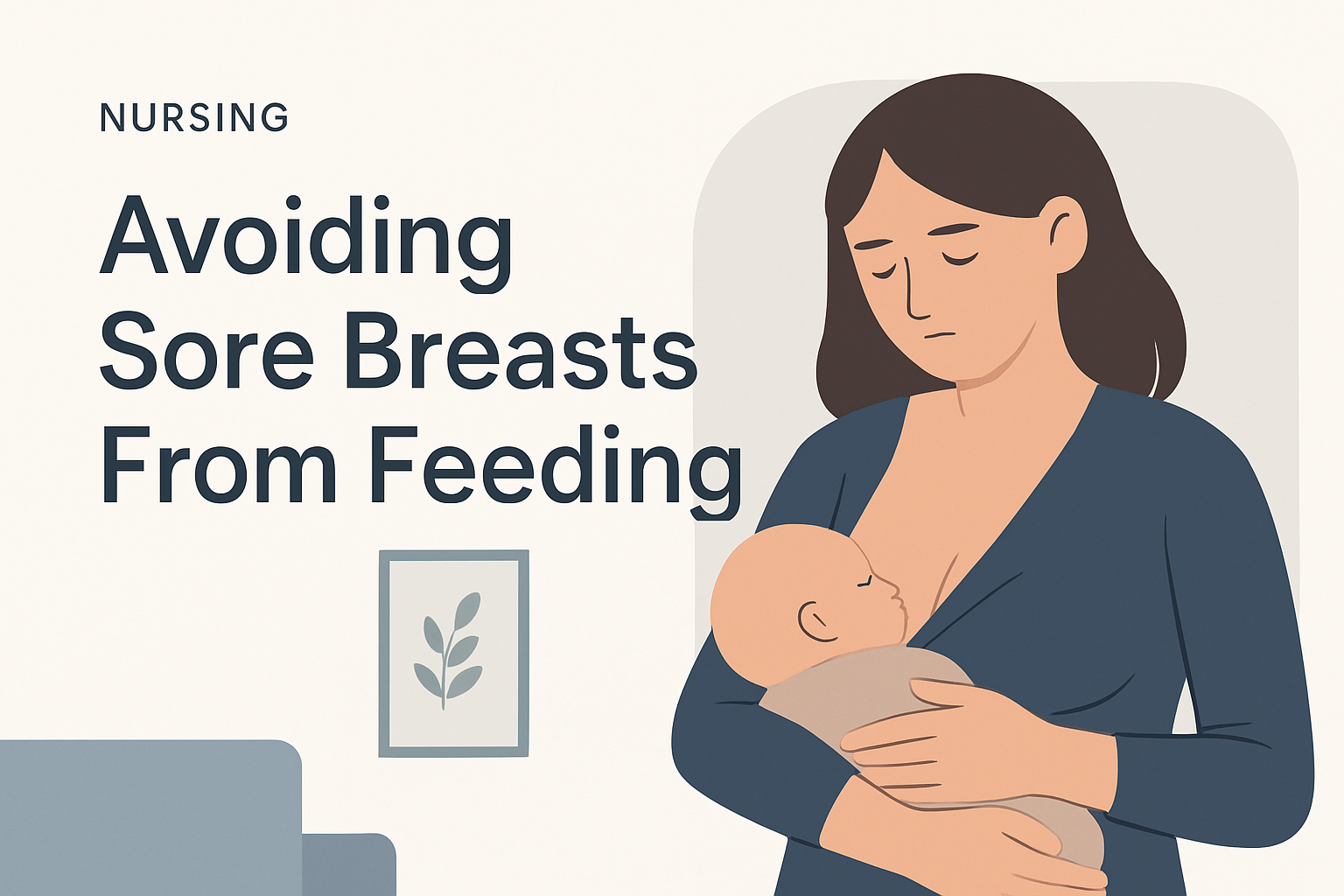
Introduction
Breastfeeding is a natural and beneficial process that provides essential nutrients and strengthens the bond between mother and child. However, as children grow older, the question of when to stop breastfeeding becomes more prevalent. This article will explore the various factors that influence the appropriate age to stop breastfeeding and discuss societal perspectives on extended breastfeeding.
The World Health Organization’s Recommendations
The World Health Organization (WHO) recommends exclusive breastfeeding for the first six months of a child’s life, followed by introducing complementary foods while continuing to breastfeed up to two years of age or beyond. This recommendation is based on the numerous health benefits that breastfeeding provides to both the child and the mother.
| Age | WHO Recommendation |
|---|---|
| 0-6 months | Exclusive breastfeeding |
| 6-24 months | Continued breastfeeding alongside the introduction of complementary foods |
| 24+ months | Continued breastfeeding as desired by the mother and the child |
Health Benefits of Extended Breastfeeding
Extended breastfeeding, or breastfeeding beyond the first year, can provide ongoing health benefits to both the child and the mother. These include:
- Continued immune support: Breast milk contains antibodies and other immune-boosting substances that help protect the child from illness and infections.
- Nutritional benefits: Breast milk continues to provide essential nutrients, such as proteins, fats, vitamins, and minerals, that support a child’s growth and development.
- Emotional security: The act of breastfeeding provides comfort, reassurance, and a sense of security for the child.
- Reduced risk of chronic diseases: Extended breastfeeding has been associated with a reduced risk of obesity, diabetes, and certain types of cancer in both the child and the mother.
Societal Perspectives on Extended Breastfeeding
Societal norms and cultural beliefs play a significant role in shaping people’s views on the appropriate age to stop breastfeeding. In some cultures, extended breastfeeding is considered normal and even encouraged, while in other societies, it may be perceived as unusual or strange.
Factors Influencing the Decision to Stop Breastfeeding
Several factors can influence a mother’s decision to stop breastfeeding, including:
- Personal preference: The mother’s comfort level and desire to continue or discontinue breastfeeding play a significant role in the decision-making process.
- Child’s interest: As children grow older and become more independent, they may naturally lose interest in breastfeeding or prefer to consume solid foods.
- Work and family obligations: Returning to work or managing other family responsibilities may make it challenging for the mother to continue breastfeeding.
- Health issues: In some cases, health concerns or complications for the mother or the child may necessitate the discontinuation of breastfeeding.
- Social pressure: Family, friends, or cultural expectations may influence a mother’s decision to stop breastfeeding.
When Does It Become Strange to Breastfeed Your Child?
There is no definitive age at which it becomes “strange” to continue breastfeeding your child. The decision to stop breastfeeding is personal and should be based on the unique circumstances and preferences of each mother and child. As long as both the mother and the child are comfortable and benefiting from the breastfeeding relationship, there is no specific age limit that applies universally.
However, it is essential to be aware of the societal norms and cultural beliefs in your community, as they may influence the way extended breastfeeding is perceived. It is crucial to consider your child’s emotional and physical needs and your own comfort and well-being when deciding whether to continue or discontinue breastfeeding.
Conclusion
The appropriate age to stop breastfeeding varies for each mother and child, and there is no definitive answer to when it becomes “strange” to continue. While the World Health Organization recommends breastfeeding up to two years of age or beyond, the decision ultimately depends on the individual preferences, circumstances, and comfort levels of both the mother and the child. Extended breastfeeding can provide numerous health benefits, emotional security, and comfort to both parties involved.
It is essential for mothers to be aware of societal norms and cultural beliefs in their communities, as these can influence perceptions of extended breastfeeding. Open communication with family members, friends, and healthcare professionals can provide support and guidance in making the decision to continue or discontinue breastfeeding.
In conclusion, the appropriate age to stop breastfeeding is a personal decision that should be based on the unique needs and preferences of each mother and child. As long as the breastfeeding relationship remains beneficial and comfortable for both parties, there is no specific age at which it becomes “strange” to continue breastfeeding. Mothers should feel empowered to make the best decision for themselves and their children, taking into account their personal circumstances, cultural context, and the ongoing benefits of breastfeeding.
Frequently Asked Questions:
What does the World Health Organization recommend regarding breastfeeding duration?
The World Health Organization (WHO) recommends exclusive breastfeeding for the first six months of a child's life, followed by introducing complementary foods while continuing to breastfeed up to two years of age or beyond.
What are some health benefits of extended breastfeeding?
Extended breastfeeding provides ongoing health benefits such as continued immune support, nutritional benefits, emotional security for the child, and a reduced risk of chronic diseases like obesity, diabetes, and certain types of cancer for both the child and the mother.
What factors influence a mother's decision to stop breastfeeding?
Several factors influence the decision to stop breastfeeding, including personal preference, the child's interest, work and family obligations, health issues, and social pressure from family, friends, or cultural expectations.
Is there a specific age when breastfeeding becomes 'strange'?
No, there is no definitive age when breastfeeding becomes 'strange.' The decision to stop breastfeeding is personal and should be based on the unique circumstances and preferences of each mother and child, as long as both are comfortable and benefiting from the relationship.
How can societal norms affect a mother's decision to continue breastfeeding?
Societal norms and cultural beliefs can shape perceptions of extended breastfeeding. In some cultures, it is encouraged, while in others, it may be viewed as unusual. Mothers should consider their community's norms but ultimately make decisions based on their and their child's needs.






